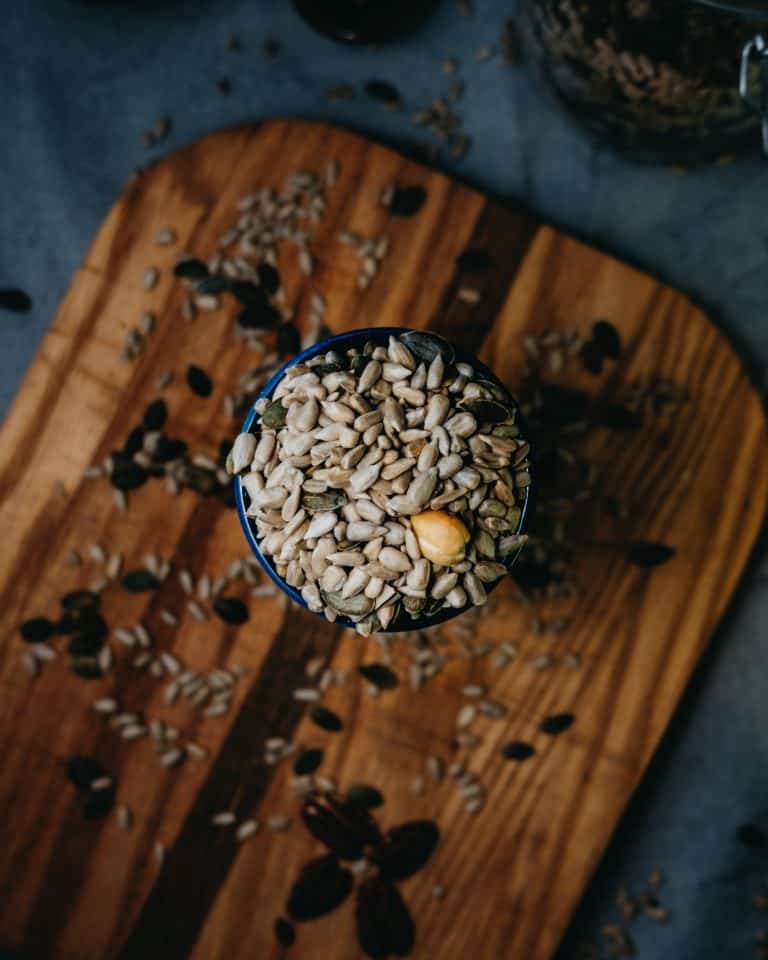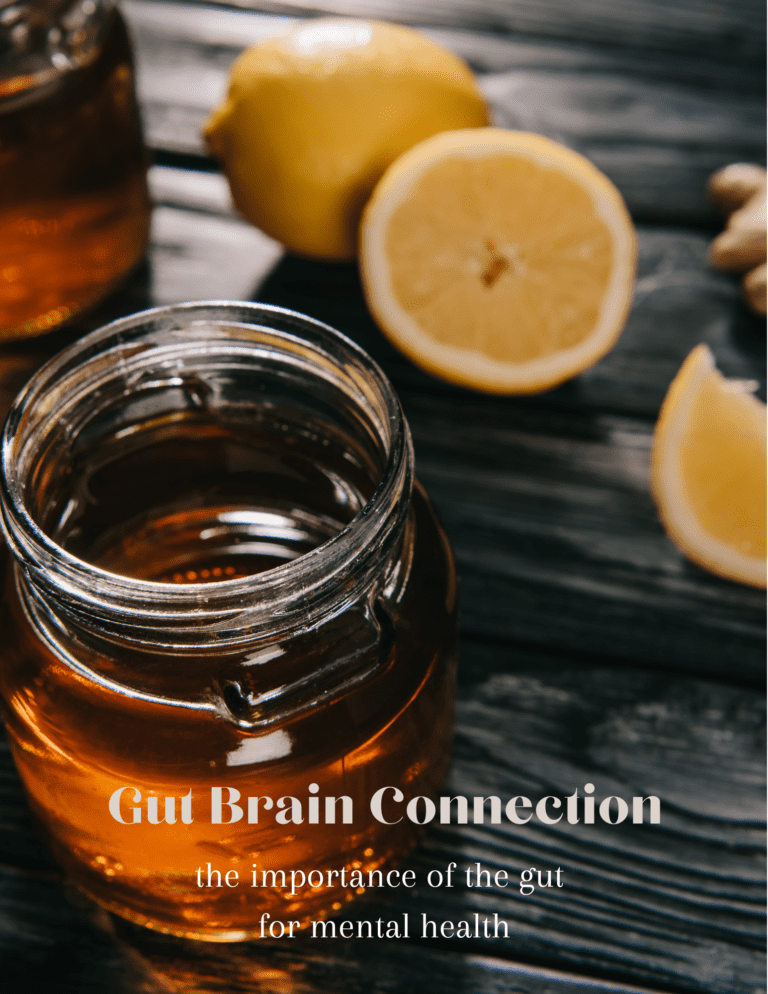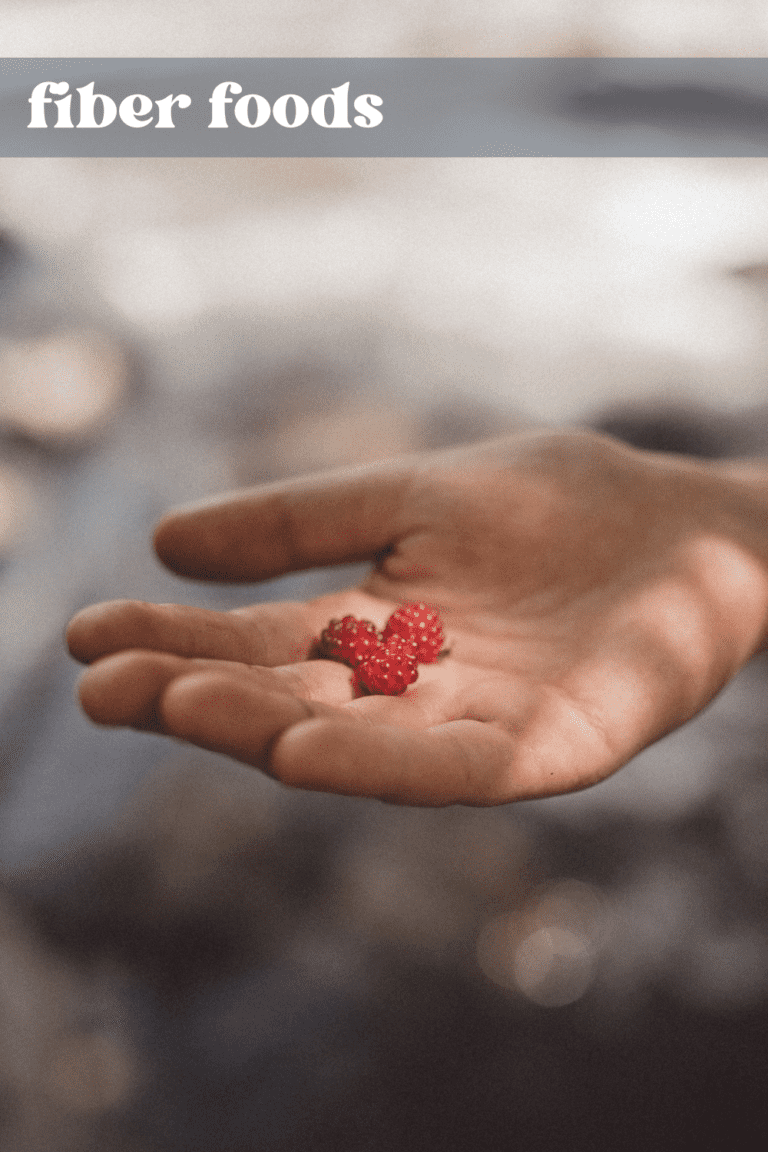In this post, I wanted to address a topic that I have been trying to really hone in on recently. Gut health. Specifically with finding ways to improve anxiety and mental health with non-medicinal methods; such as focusing on particular foods, exercise, and mindfulness.
I’ve done some research on the link between mental health and the gut; specifically the “Gut Brain Axis”. Essentially, this is just the communication that occurs between the gut and the brain. The communication is bidirectional (meaning it goes both ways).
Maintaining my own gut health has become a priority in figuring out how to combat my anxiety during this heightened state of stress and mental awareness.
The gut is made up an entire “ecosystem” of bacteria. Good and bad. That live in our mucus lining in our intestinal tract.
I know what you’re probably thinking…. gross.
But…we need these bacteria just as much as they need us to survive. Messing with their home messes with your digestion.
Two of the most important “foods” that are essential to maintaining gut health and balance are Probiotics and Prebiotics. I’ll give a little background on each and let you know where to find them! I put “food” in quotes because Probiotics are technically a bacteria and not food.
Probiotics: these are live bacteria that are found/added to some of our food products that promote the growth of healthy bacteria in the gut.
Prebiotics: what the bacteria in your gut feeds on. They can’t thrive without some sort of food!
10 reasons why probiotics and prebiotics are essential:
- Probiotics increase the amount of good bacteria present. Good bacteria = better gut health. The microbiome can function better with more good bacteria than bad. This creates a balance in your gut. Without that balance, the gut wall can become less strong leading to a “leaky gut”.
- Probiotics help improve your immune system. With a stronger gut lining, we improve our immune system.
- Probiotics can help prevent symptoms of depression and anxiety. A topic that needs a blog post all on it’s own!
- Prebiotics are full of fiber, which helps with gut motility (movement) and blood sugar stabilization.
- Probiotics and Prebiotics are SO easy to find and incorporate in our every day diet. Even if you’re a vegan or dislike yogurt. You’re probably getting them in your diet without realizing.
- Probiotics can help offset the nasty effects of antibiotics. They are especially important when taking any antibiotic! Your doctor will often prescribe a probiotic when you are put on an antibiotic.
- Prebiotics are usually “insoluble” fibers, which means they don’t break down in your gut. This is great for getting things moving in there! They also help prevent constipation.
- A healthy gut helps prevent “leaky gut”. Leaky gut is a breakdown in the intestinal lining and is what contributes to many of the gastrointestinal diseases we see today like Irritable Bowel Syndrome (IBS), Chron’s Disease, Celiac Disease, etc.
- The microbiome or “gut bacteria” can influence the release of neurotransmitters in the body, like serotonin.
- Probiotics, specifically lactobacillus, which is found in yogurt and probiotic supplements, can help with nitric oxide production. Nitric oxide is a key player in heart health by opening up those veins to improve blood flow.
Where can I find them??
Probiotics
- Yogurt, both dairy and non-dairy. Look for “with live and active cultures” on the label
- Fermented products like Kimchi and Sauerkraut
- Probiotic supplements, preferably including lactobacillus
- Kombucha and other drinks infused with probiotics
Prebiotics
- Garlic and onions
- Whole Grains
- Bananas
- Apples
- Asparagus
- Beans
Prebiotics are found in very fibrous and resistant starchy vegetables and grains. That is because it is difficult for the body to break these things down. Because of this, it helps to ferment the bacteria living in our gut lining and nourishes them to survive. And by allowing our gut to stay healthy, the communication between the brain and gut is smoother.
Eating a yogurt daily is enough to meet your probiotic needs. Frozen yogurt counts too!
If you don’t like yogurt and are concerned about the amount of probiotics you are getting, I found a great probiotic that is USP verified. USP verified supplements are verified to contain what they say they contain. Ideally, your supplements should be USP verified!
Have you ever thought about feeding the bacteria in your gut? Are probiotics and prebiotics already a staple in your diet?
Leave a comment below!
Sources:



